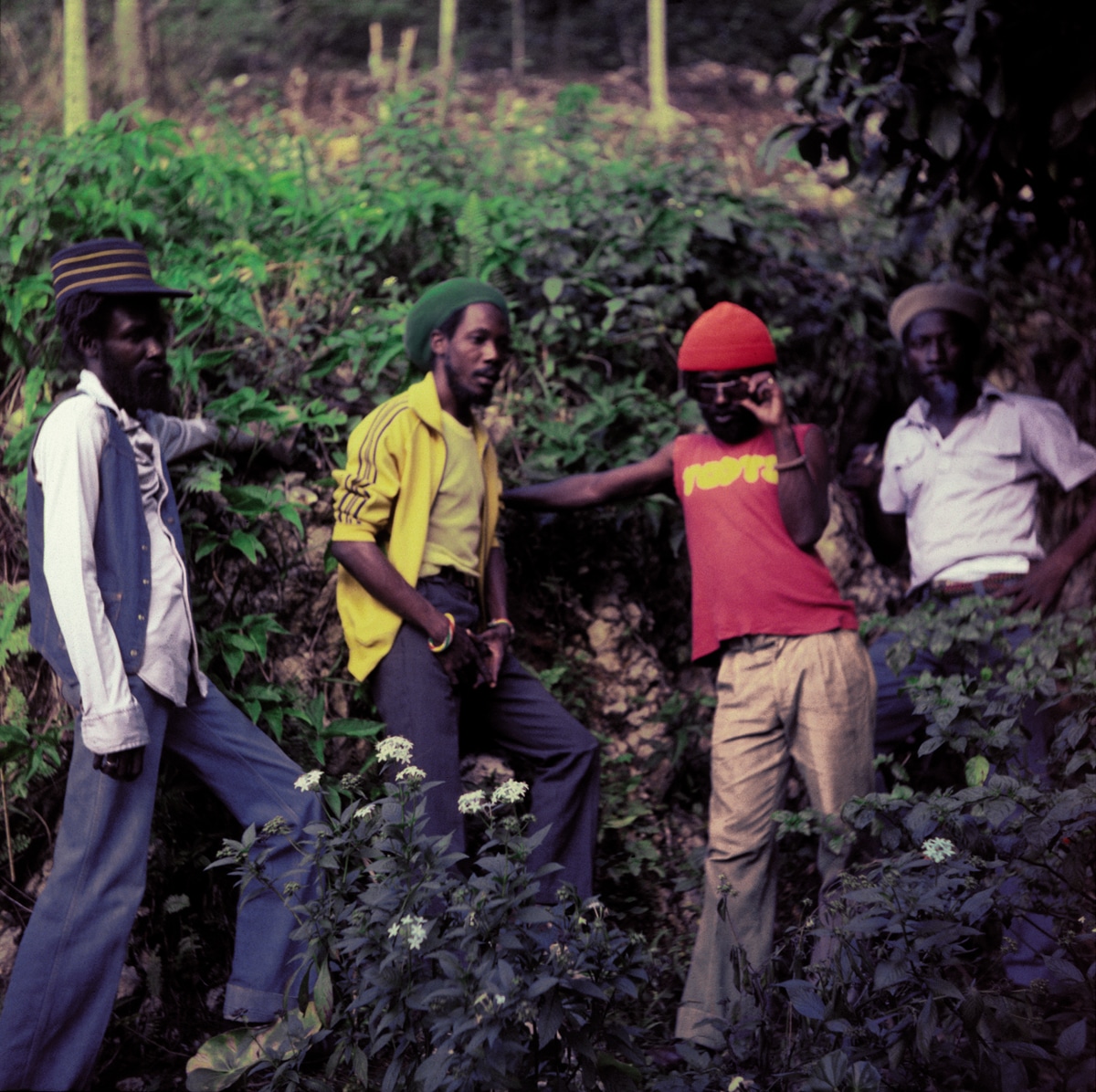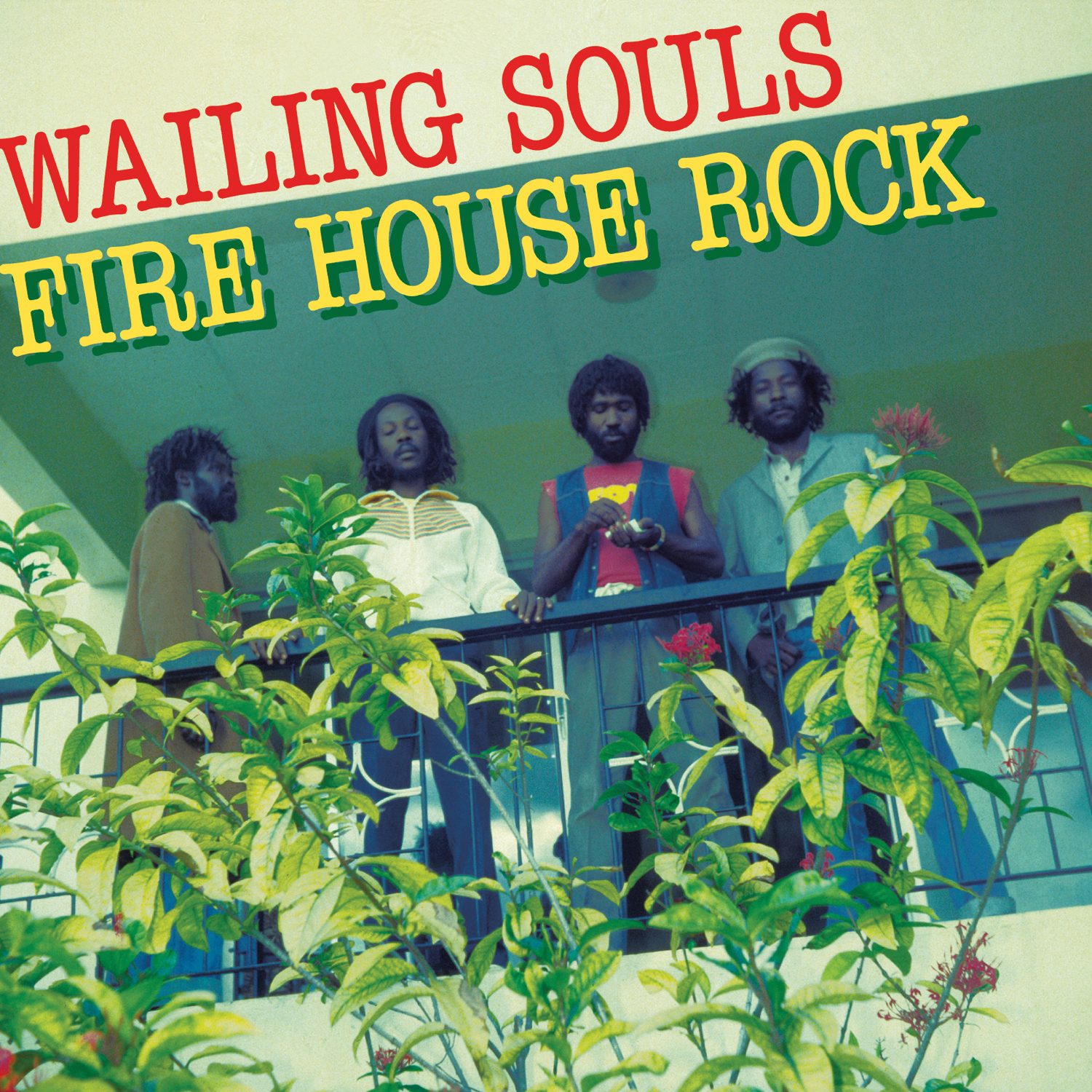For five decades The Wailing Souls have been one of the most inspired, inspiring and dependable of Jamaica’s vocal harmony groups. Their music, comprising of impassioned lead vocals tempered by soaring sympathetic harmonies has always been complemented by some of the most enduring rhythms in the history of reggae music.
The Channel One disco ‘War’ backed by ‘Jah Give Us Life’ became the first twelve inch on the Greensleeves label in the U.K. and this release would mark the beginning of a long and fruitful working relationship. Their classic work for Henry ‘Junjo’ Lawes who coupled their songs with rhythms of equal brilliance from the session band of the early eighties The Roots Radics. Sparse and spare, propelled by ‘Style’ Scott’s military based drum beats and ‘Flabba’ Holt’s rolling bass lines, the raw power of their music was always awesomely effective. This was demonstrated not only on The Wailing Souls twelve inch releases but also on the two long players they made for Junjo with The Roots Radics, ‘Fire House Rock’ in 1981 and ‘Inchpinchers’ in 1983, As the decade progressed Greensleeves released two superb self produced albums, ‘On The Rocks’ in 1983 and ‘Stranded’ in 1984, that further consolidated the status of The Wailing Souls and they would go on to play their part in Jamaica’s digital conversion with the overlooked ‘Stormy Night’ album for King Jammy.
The Wailing Souls could never be accused of being fashion followers. They are pragmatists always aware that in order to get their message across the rhythm has to deliver every single time and their music, timeless in its appeal, continues to remain open to any number of different approaches. Over the past forty years they have used whatever vehicle was necessary to drive the message home. Peace and love, justice and truth are not subject to the vagaries of style and their message has remained constant throughout. Hear The Wailing Souls here in full flight and know that the music, the message and the tradition of Jamaican harmony singing will continue, and continue to be important, as long as those who have no other voice have to cry out to be heard.


